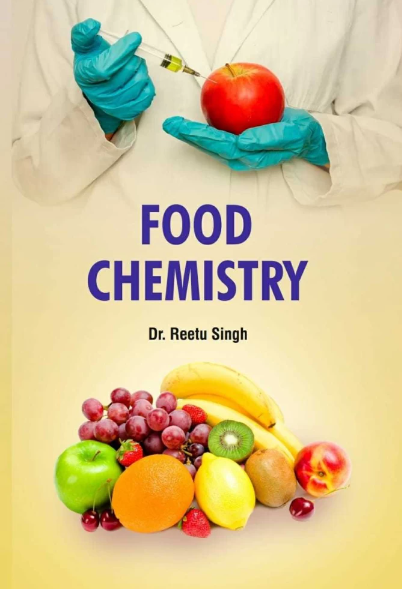Palmitoylethanolamide gels edible oils
Abstract
Palmitoylethanolamide (PEA) is an endogenous compound with no adverse effect for oral intakes of a gram per day. We show that PEA gels edible oils at concentrations as low as 0.5?wt%. The elastic moduli values of the formed gels are 1400?Pa at 1?wt% and 9000?Pa at 2?wt%. The study of the gels by cryo-SEM, optical microscopy and WAXS show that PEA forms lamellar solid aggregates with widths of several tens of micrometers. Upon heating, the sample shows two transitions. The first one is the gel-to-sol transition, observed by rheology and defined by the switch from a solid to a liquid behavior. During this transition, the solid particles remain but do no longer form a network. The second transition, observed at higher temperature by DSC corresponds to the melting of the solid particles.





